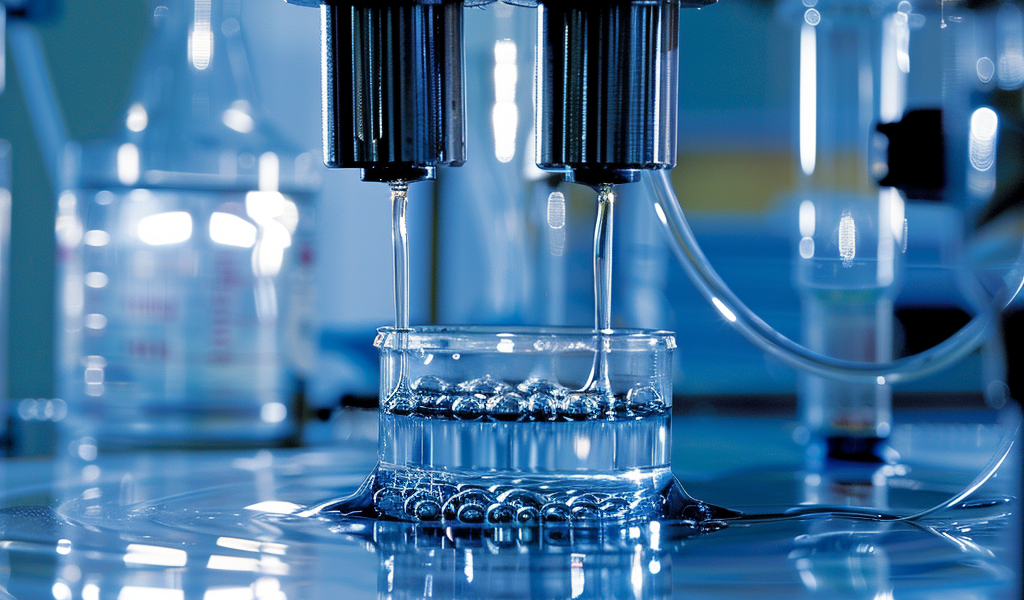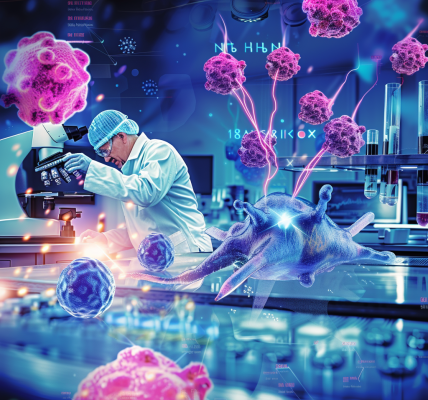New Ways to Fine Tune Electrochemistry
Scientists have found new paths to steer and optimize electrochemical processes. Optimizing electrochemical reactions is essential for the transition to renewable energies. In electrochemical reactions, electric currents and potential differences are used to binding and induce reactions. Electrochemistry is a prerequisite for hydrogen production, and for battery technology, and thus for sustainable chemistry. Although there has been a lot of technological development in this area in recent years, there is still room for improvement and a long way towards large scale industrial applications.
Scientists from the Cluster of Excellence RESOLV at the Ruhr University Bochum and École normale supérieure in Paris discovered two new aspects to control and thus optimize electrochemical reactions at electrified interfaces. They describe their results in the journal Journal of the American Chemical Society published online on April, 10, 2024. The article has been chosen by the journal to be featured on the front cover.
Surface Sensitive Spectroscopy
In order to understand the complex behavior at electrified interfaces, the team examined a critical parameter, called the acid dissociation constant (pKa) of molecules at electrified metal/water interfaces. Whereas in bulk solutions, this value is well known, it has been speculated that this parameter, which is essential for acid/base chemistry can be quite different in the vicinity of electrodes. However, measuring pKa values under electrochemical conditions is experimentally challenging. To address this, the group of Havenith have combined advanced surface specific spectroscopic techniques, notably Surface-Enhanced Raman Spectroscopy (SERS), with theoretical modelling. The results vary with the applied potential and reveal a clear shift of the pKa value of water at electrified interfaces. This finding is important for understanding electrochemical processes in aqueous environments and may have implications for various fields, including energy conversion and storage.
Conclusion
The discovery of new ways to fine-tune electrochemistry opens up exciting possibilities for the future of renewable energy and sustainable chemistry. The research conducted by the scientists from the Cluster of Excellence RESOLV and École normale supérieure sheds light on previously unexplored aspects of electrochemical reactions, providing valuable insights for the development of efficient and sustainable energy technologies.





